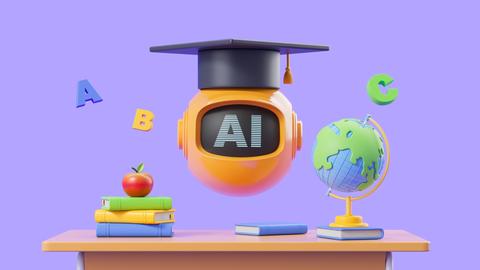
Donald Trump has signed an executive order to introduce AI into school education.
Follow the news in LECTERAmag to keep up with the changes in the world. We report on news that shape trends and define the direction of the marketing and digital industries. We also write about entrepreneurship, technologies and people that are responsible for these changes.

Donald Trump has signed an executive order to introduce AI into school education.
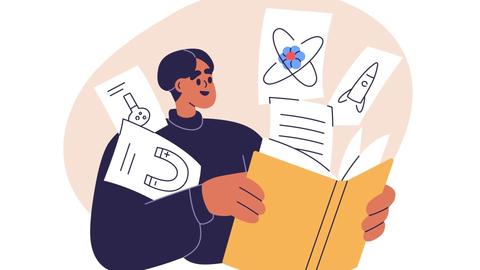
In the shadow of a busy highway in Mumbai, India, there is an unusual educational institution that gives children from disadvantaged families a safe haven and the opportunity to get an education.
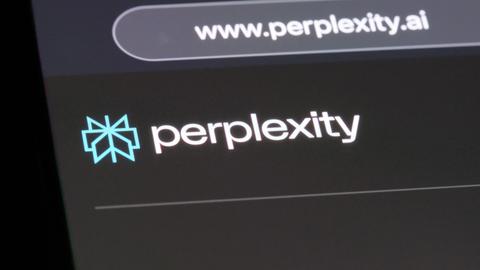
Modern education is not standing still — AI-based technologies have fundamentally changed the learning process.
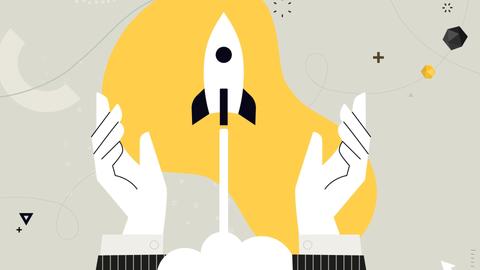
Speaking at the graduation ceremony at the Georgia Institute of Technology (Georgia Tech), graduate and well-known entrepreneur Christopher Klaus promised to cover the costs of registering a startup for every university graduate who decided to start his own company.

Starting from the next academic year, the largest university in Britain will stop informing students of their exam rankings.
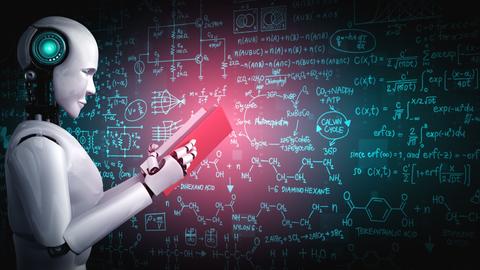
In July, the country's first unified center for training humanoid robots developed by various IT companies will open.

Researchers from Malaysia analyzed more than twenty scientific papers devoted to the method of mutual learning (or peer-to-peer) and its impact on students' progress.
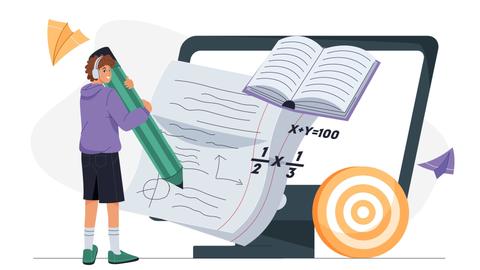
The EdWeek Research Center conducted a survey of over 400 math teachers in the U.S. The results revealed that about 70% of them have not received training on using AI in their professional work and do not plan to do so in the near future.
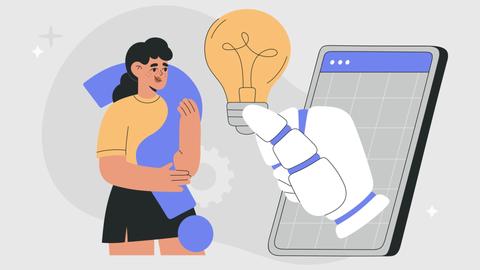
A study published by the independent think tank The Higher Education Policy Institute has shown that the use of artificial intelligence by British students has surged dramatically.
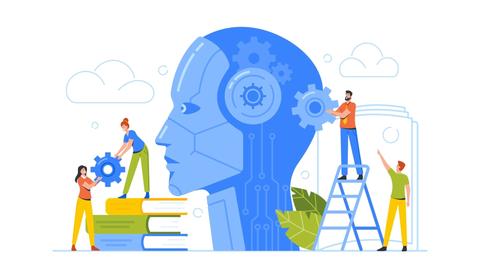
In an interview for Canadian television, scientist and Nobel laureate Geoffrey Hinton, who is involved in the development of machine learning methods, stated that universities may no longer be in demand.

The landscape of modern online education is undergoing fundamental changes, largely driven by rapid advancements in technology.
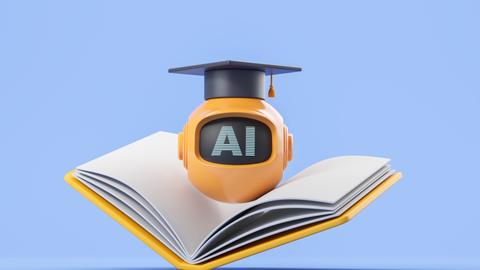
The artificial intelligence and technology industry is among the fastest-growing sectors today. Innovations emerge at lightning speed, quickly integrating into nearly every aspect of human life.

The New Year always brings new events and accomplishments, including those related to education, parenting, and learning. As always, we’ve prepared a monthly roundup of positive and interesting news from January that you may have missed.

Dear friends, the international education platform Lectera and its founder Mila Smart Semeshkina send their greetings to you this magical winter holiday season!

Here we are as the year 2024 draws to a close. In honour of this, we have gathered for you the most important and prominent education and EdTech news for December.
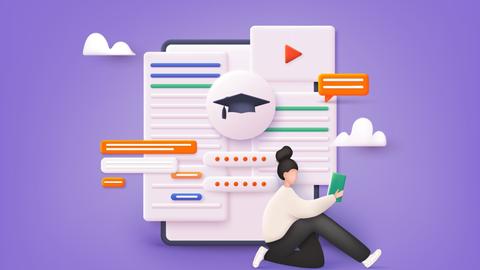
Every day there are various events happening in the world, and the field of education, none more so than EdTech.
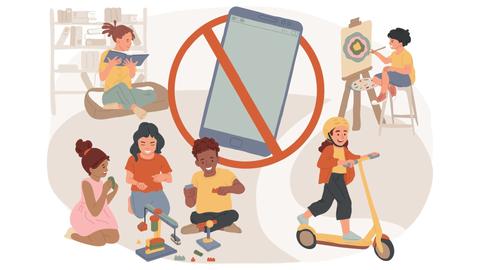
The United Nations Educational, Scientific and Cultural Organization (UNESCO) highlights that school performance declines, concentration issues, and increased absent-mindedness are largely linked to widespread digitalisation and the use of gadgets in education.

The Analytics Insight platform has ranked the most valuable and engaging courses in software development and beyond.
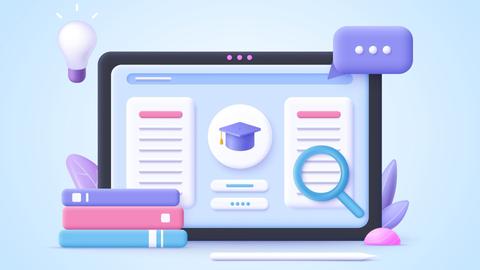
Earlier this year, the world's first school, which exists solely in the metaverse, opened in the country.

The Hong Kong University of Science and Technology (HKUST), ranked second in the best higher education institutions in the QS Asia University rankings, is actively developing an innovative project: the world's first augmented reality digital campus.

At the start of the new school year, an experiment was launched in the country's general education institutions to examine the impact of digitalisation on education.
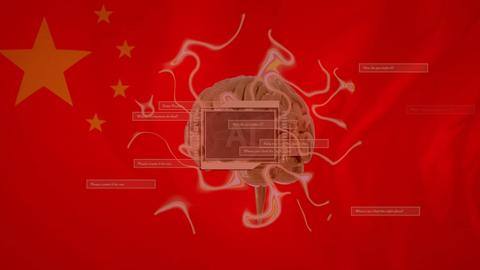
As a result, China is now facing an oversupply of university graduates specialising in neural networks and AI.
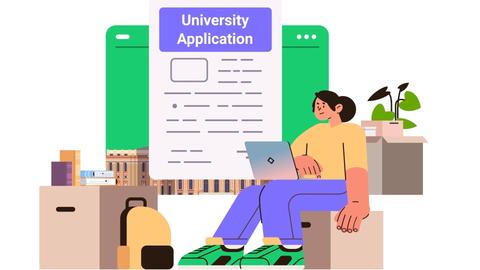
Irish universities employed a new method for selecting and enrolling students this year.

The European Commission has officially launched skills development programmes for Europeans, which will see more than 540 million professionals receive additional training by 2025 to develop the skills needed to compete equitably in the current labour market.
Are you sure you want to sign out? You can't undo this action.